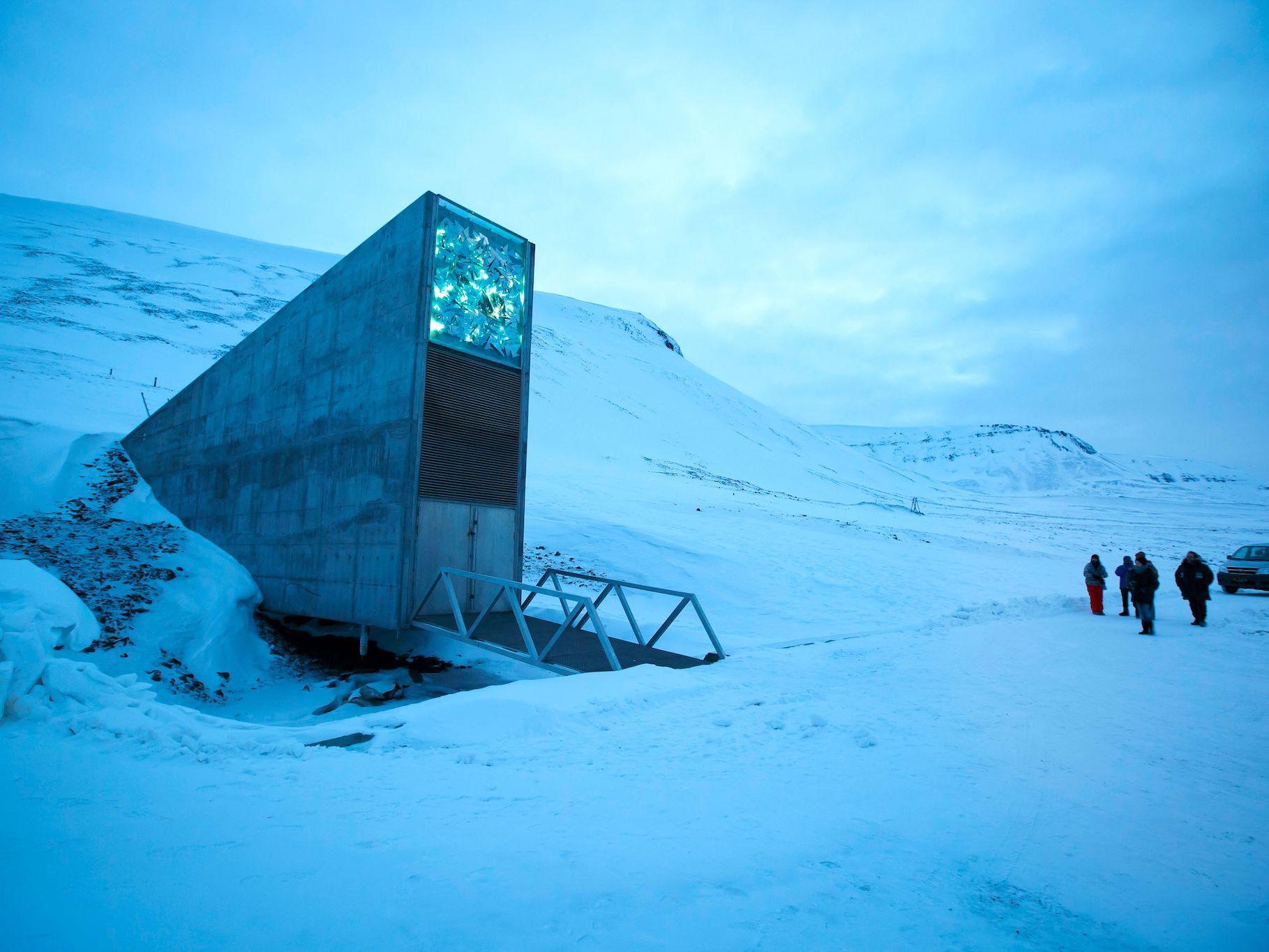Seed banks will not save over third of critically endangered plants, new study finds
Scientists call for investment in alternative technologies to protect species from climate change and disease

Your support helps us to tell the story
From reproductive rights to climate change to Big Tech, The Independent is on the ground when the story is developing. Whether it's investigating the financials of Elon Musk's pro-Trump PAC or producing our latest documentary, 'The A Word', which shines a light on the American women fighting for reproductive rights, we know how important it is to parse out the facts from the messaging.
At such a critical moment in US history, we need reporters on the ground. Your donation allows us to keep sending journalists to speak to both sides of the story.
The Independent is trusted by Americans across the entire political spectrum. And unlike many other quality news outlets, we choose not to lock Americans out of our reporting and analysis with paywalls. We believe quality journalism should be available to everyone, paid for by those who can afford it.
Your support makes all the difference.More than a third of critically endangered plant species cannot be saved from extinction by freezing them in seed banks, scientists have warned.
Projects such as the Svalbard Global Seed Vault have been set up to protect the world’s plant diversity from doomsday events ranging from nuclear war to extreme climate change.
In the UK, Kew’s Millennium Seed Bank is aiming to protect three quarters of the world’s threatened plant species within the next two years.
"Ex-situ conservation of plants is more critical than ever, with many threats to plant populations including climate change, habitat conversion and plant pathogens, we need to make sure we're doing all we can to conserve the most important and threatened species,” said Dr John Dickie, head of seed collections at Kew.
However, for many of the most at-risk plants, conventional storage techniques will not work, and a team of Kew scientists has called for research into alternative measures to ensure their survival.
In total around 8 per cent of all plant species cannot be banked by drying and freezing their seeds, including trees like oaks and horse chestnuts, and foods including mangos and avocados.
These seeds are recalcitrant, meaning they do not survive the drying process.
In a new paper published in the journal Nature Plants, the researchers estimated that 36 per cent of the plants at the greatest risk of extinction are recalcitrant.
They also noted that tree seeds were particularly likely to die following attempts to dry and freeze them, with around a third deemed “unbankable”.
Using this analysis Dr Dickie and former colleague Dr Sarah Wyse were able to predict that the target of preserving 75 per cent of threatened species by 2020 is practically impossible.
With numbers of unsuitable seeds particularly high among endangered species, the scientists recommended investing in an alternative technique known as cryopreservation.
The method involves removing a seed’s embryo and then using liquid nitrogen to freeze it at -196C, far colder than he conventional seed bank temperature of -20C.
This would also extend the lifetimes of seeds that do not last very long at normal seed bank temperatures.
“As successful as seed banking is for some species, it is not suitable for all seed plants and we need to invest in other ways to safeguard recalcitrant seeds,” explained Dr Dickie.
“This paper shows that we need greater international effort to understand and apply alternative techniques like cryopreservation which have the potential to conserve many more species from extinction."
Past efforts to get cryopreservation off the ground have failed, but the team at Kew said beyond 2020 there must be a renewed effort to save at risk species.
Join our commenting forum
Join thought-provoking conversations, follow other Independent readers and see their replies
Comments